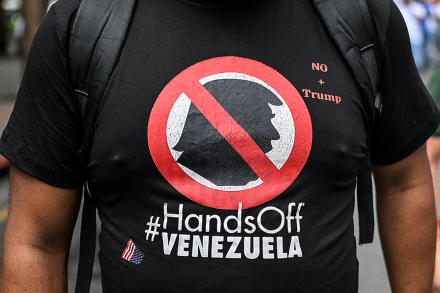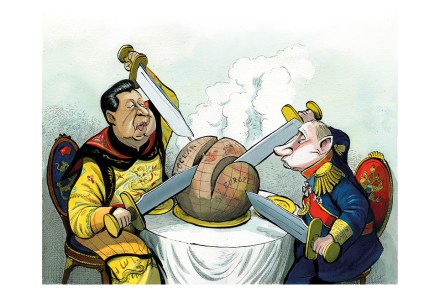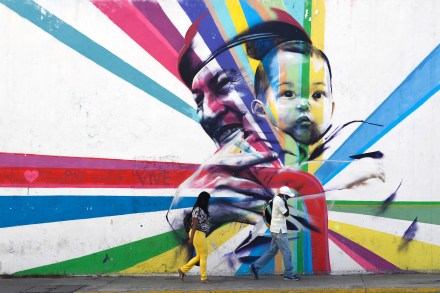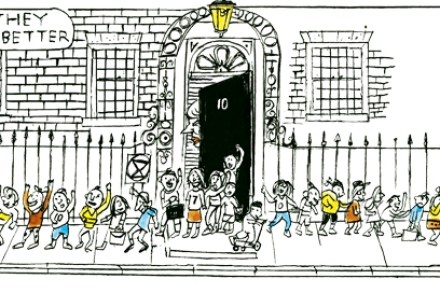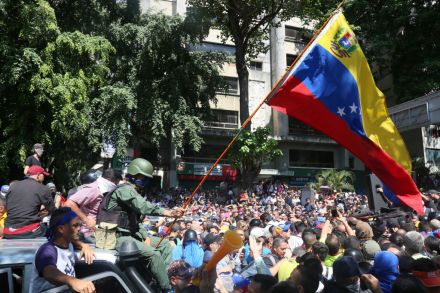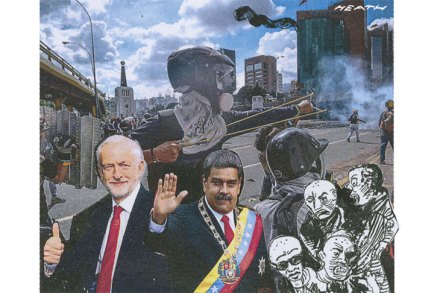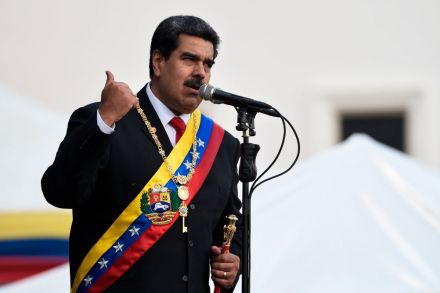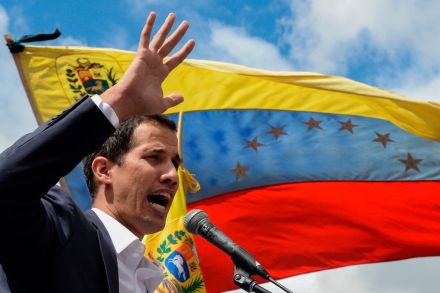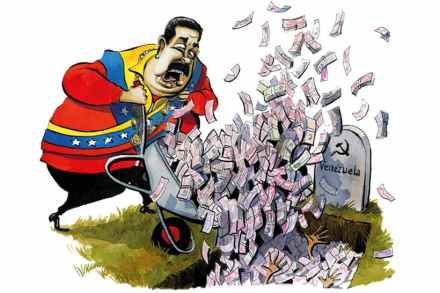Letters: Venezuela’s middle-class exodus
Minimum requirement Sir: Some of Charles Moore’s observations about the minimum wage are pertinent (Notes, 1 November). However, what many also lose sight of (most of all our Chancellor) is that by government raising the minimum wage, those employees who were just above it usually seek pay rises to stay ahead of it, or employers risk losing those staff. This can then have a ripple effect through the whole organisation. It is another reason the Chancellor’s last Budget had such a profound impact on companies and, in turn, the economy at a delicate time. With employers’ NI rises as well, company cost bases have risen significantly, stifling investment, growth and


